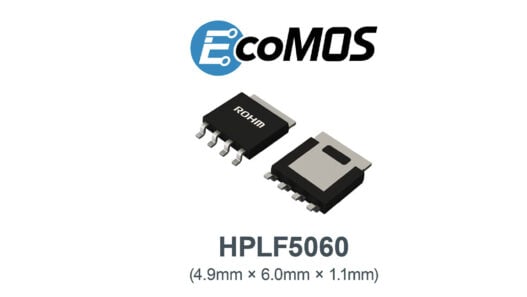A study by Ghent University, which has been peer-reviewed in the Sustainable Materials and Technologies Journal, found a 51% difference in global warming potential (GWP) in supply of the two anode materials, in favour of XNO.
The study was an in-depth Life Cycle Assessment of XNO, led by Lígia da Silva Lima and colleagues at Ghent University. Alongside the reduced environmental impact across the supply chain and manufacturing stages, XNO was also discovered to have a photochemical ozone formation (POF) score that was 77% lower than LTO at energy delivery stage, demonstrating XNO’s ability to significantly reduce environmental impact levels in Li-ion cells. Furthermore, the study also found that batteries with XNO anodes used 20% less material to deliver 1kWh over the cycle life of the battery compared to LTO.
Lígia da Silva Lima, PhD researcher, Sustainable Systems Engineering Research Group (STEN), Department Green Chemistry and Technology, Faculty of Bioscience Engineering, Ghent University, explained: “The findings of this study address and satisfy environmental concerns with relation to battery production, giving XNO a significant advantage over its competitors, and offering a greater justification for its involvement in the battery chain supply.”
Dr Jianshen Wu, Senior Scientist at Echion, celebrated the achievement, saying: “We are thrilled to present these latest results with our battery materials, which embody our dedication to technological innovation and environmental stewardship. The study has demonstrated how XNO surpasses conventional alternatives in terms of environmental impact reduction, aligning with the growing global demand for sustainable solutions, enabling OEMs to make substantial strides towards their net-zero carbon ambitions.”
The study simultaneously examined the environmental impact of XNO against other popular anode materials and discovered that XNO was found to emit 48% less CO2 when compared to a typical industry-grade graphite anode, showcasing the materials track record against leading battery compositions. The global warming potential of XNO, LTO and graphite in terms of kg of CO2eq./kg of material were found to be 4.95, 10.19 and 9.62 to 13.7 respectively.
Alex Groombridge, Echion’s Chief Technical Officer, welcomed the latest results from the study: “These results serve as a timely reminder of the progress we have made to future-proof the battery industry, and of the work there is still left to do. With XNO, Echion is committed to producing technology that is industry-leading in its sustainability while providing a multitude of benefits to cell manufacturers and OEMs. We’re proud to be able to produce a technology that delivers exceptional sustainability results without compromising on its impressive technical attributes.”
XNO’s environmental performance against both commercial lithium-ion and graphite battery anode materials will significantly benefit battery producers and OEMs as the industry strives to meet greater carbon neutrality demands amid social and environmental pressures. The significantly reduced environmental impact, in part enabled by its long life cycle, means that XNO technology is ideally placed to ensure batteries are replaced less often and thus reduce the overall demand on critical materials.
Following the successful completion of the Scope 1 and 2 study, Echion will soon undergo an additional third-party review, before a Scope 3 study is conducted to assist the organisation in achieving an Environmental Product Declaration. This Declaration will quantifiably demonstrate Echion’s industry-recognised environmental sustainability status.
Echion’s niobium-based anode material, XNO delivers lithium-ion battery performance highly suited for industrial, commercial, and high value applications that demand the highest up-time, lowest total cost of ownership and maximum performance. XNO enables lithium-ion batteries that can safely charge in less than ten minutes, maintain high energy densities even at low temperatures, and deliver high power across a cycle life of more than 10,000 cycles. Applications powered by XNO include battery electric and hybrid trains, mining haul trucks, high-demand buses, and delivery vehicles as well as applications in motorsport and space.







